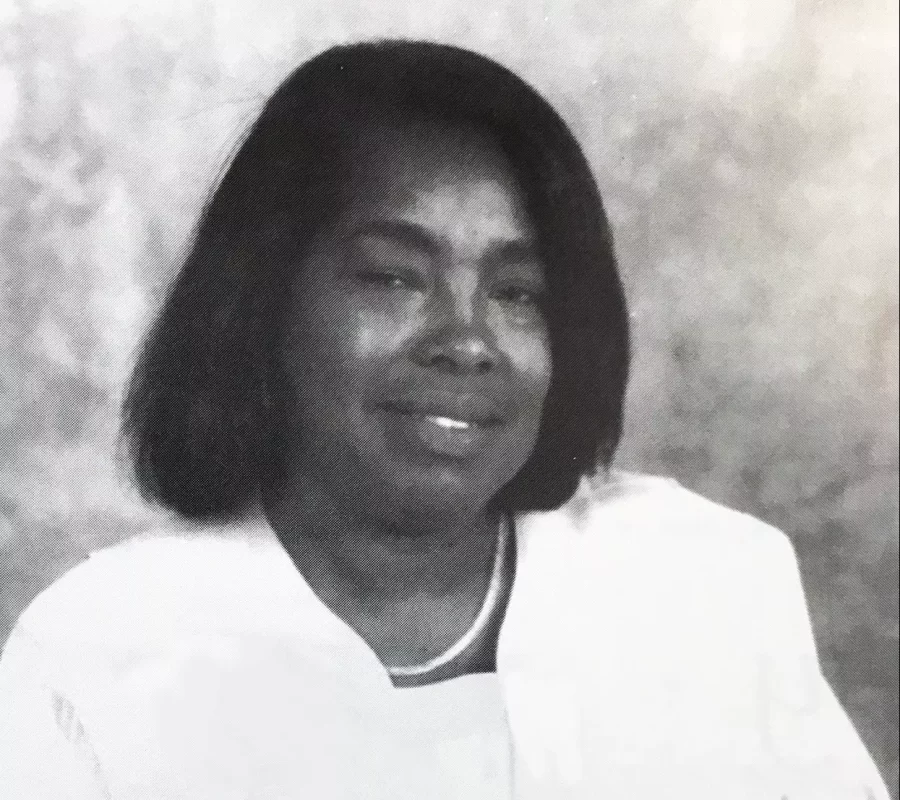Margaret June Brown: The soul of CSUN
Courtesy Photo
December 20, 2022
“Once a person met her, I can’t imagine anyone ever forgetting her,” said Kelan Koning, a former colleague of Margaret June Brown.
Brown embodied this spirit in her life through her relationships with others. Born in Natchez, Mississippi, on June 2, 1938, she and her family lived in the sleepy antebellum town until they moved to sunny Los Angeles in 1946.
Brown was a scholar in her education and involved herself heavily with her school. She graduated from Jefferson High School in 1956 and served as student body president, showcasing her first leadership position. After graduating, she attended California State University, Los Angeles, where she received a bachelor’s degree in education and science.
For Brown, though, her true love in life was teaching and mentoring others. She returned to her high school as a teacher and counselor to students. In 1968, CSUN was experiencing a social and political upheaval on the campus.
With the influx of Black students at CSUN, Brown extended her mentoring capabilities to help guide students toward success in the late 1960s. In her mentoring model, Brown emphasized the importance of first-generation students sharing their experiences with other generations entering higher education.
“Margaret continued to develop and utilize this model throughout her university career. She helped model and train students, other advisors, and new directors,” said Julie Williams, who was a colleague and friend of Brown.
Williams began at CSUN in 1983 as a CSUN Educational Opportunity Program support staff member, and during her 20 years there she found a trusted friend in Brown. Williams described Brown as a captivating woman with a large personality to many, who devoted all her energy to helping students.
“That didn’t mean you weren’t irritated at her lateness. She had a habit of always being late for everything. I don’t know anyone who wasn’t at one point or another annoyed by that habit,” Williams said. “When she arrived, usually she’d been meeting with a student, what had been absent was now complete.”
In her work with students, her mentoring strategy encouraged forming of student-support organizations like EOP and Black Graduation.
In the 1990s, Brown became the first director of the Student Services Center/EOP for the College of Health and Human Development, overseeing the needs of students at CSUN. She crafted an effective model to train students and other advisors and directors.
“Long before EOP served the entire university, Margaret had an open-door policy and practice for anyone who needed what she had to offer,” said Williams.
Brown left the College of Health and Human Development in 2002 to work as the director of the CSUN Advisement Resource Center/EOP, where she worked until her retirement in 2003. CSUN EOP mentor and lecturer Koning met the vivacious director and worked with her before Brown left the university.
“She was someone who was very well respected. I would describe Margaret as just this force of nature. She was funny, smart and she was a problem-solver. She just had a very very kind heart, these were things that I really appreciated about her as a leader,” said Koning. “I learned so much about leadership from her and what it means to be a good leader. I think that’s a significant part of her legacy.”
As a current mentor and educator at CSUN, Koning implements many of the techniques learned from Brown to navigate her relationships with students.
“She always made the time to talk to us and to help the students and I always felt like that was the kind of leader that I wanted to be too,” she said. “Someone who would be very responsive and have an open-door policy and that was something that I hadn’t seen.”
Upholding the leadership techniques that Brown practiced continues to cultivate the type of campus environment that Brown wanted to create where all students can succeed, knowing they are not alone. Part of this legacy included the restructuring of the Black Graduation in 1972, an annual event held to celebrate Black students and their families. Brown was a pivotal part of the organization of CSUN’s Black Graduation, with the tradition still being held 50 years later.
Brown died on Nov. 22, 2018, leaving behind family, friends and a community of people that were impacted by her work. Due to the structures that Brown built during her time here, CSUN continues to flourish, leaving a reminder of the legacy that she left in her wake.
